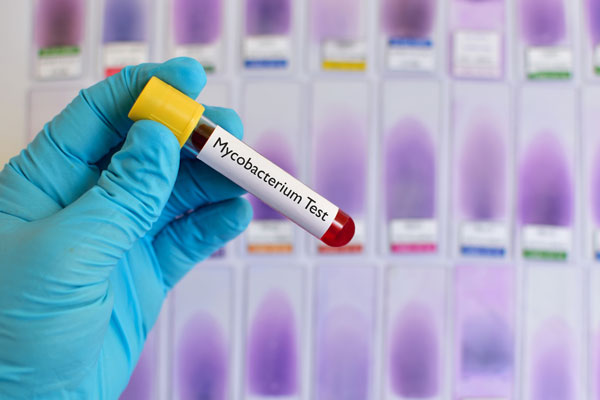
Novel molecular tests are gaining popularity as a rapid way to detect genetic mutations that render tuberculosis impervious to drugs. Yet, how well these new tests fare in gauging risk of actual drug failure and patient death has remained unclear.
Now, research led by scientists at Harvard Medical School reveals that when it comes to predicting response to treatment and risk of dying, molecular tests that detect resistance to a class of TB drugs known as fluoroquinolones may be as good, and even superior, to traditional drug-sensitivity tests conducted in lab cultures.
The findings of the research are published Aug. 3 in Clinical Infectious Diseases.
Traditional drug-sensitivity tests—which involve exposing a bacterial strain to a series of drugs to determine which medications the bacterium responds to—can take up to eight weeks to yield results. By comparison, point-of-care molecular tests provide results within hours, expediting treatment decisions.
However, while these tests can reveal the presence of a genetic mutation within hours, their predictive accuracy in terms of treatment outcomes has not been well established.
Past research has indicated that molecular tests may fail to detect resistance mutations in more than 30 percent of strains insensitive to the drug moxifloxacin, which has fueled anxiety about their reliability as resistance detectors.
“Culture-based testing is still considered the gold standard for diagnosing TB resistance,” said study lead investigator Maha Farhat, assistant professor of biomedical informatics at Harvard Medical School and a pulmonary expert at Massachusetts General Hospital.
“However, our results should provide reassuring evidence that molecular tests, which are faster in detecting resistance mutations, are just as reliable, if not better, in predicting overall treatment outcome as a result of such resistance-causing gene alterations in patients who fail treatment with fluoroquinolones.”